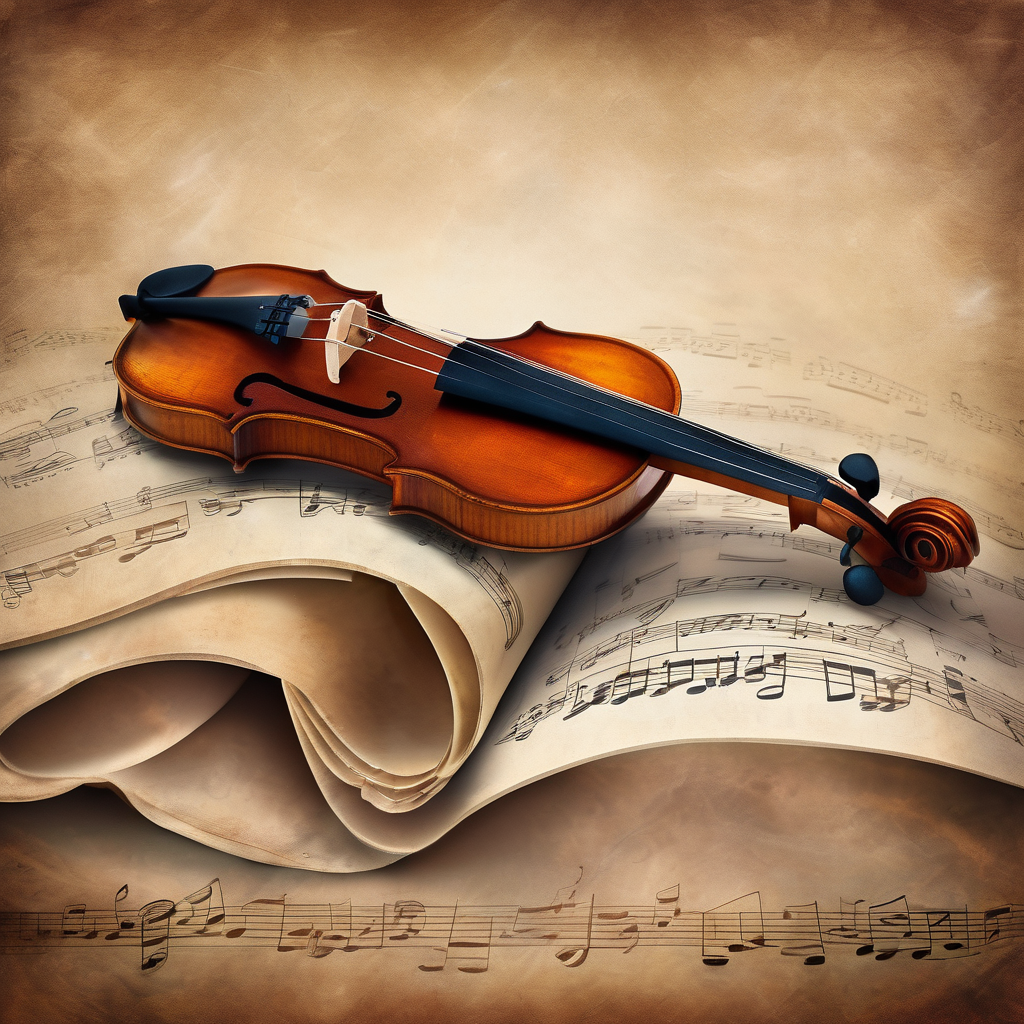The 27th edition of the George Enescu Festival recently concluded, marking yet another triumphant celebration of music and culture in Romania. Named after the country’s most renowned composer, George Enescu, the biennial festival has become a vital cultural event since its inception in 1958. This year’s festival culminated with a captivating performance by the Royal Concertgebouw Orchestra, drawing in an impressively expanded audience despite facing budgetary constraints.
Featuring a remarkable roster of performers, this year’s festival showcased the talents of pianist Martha Argerich and violinists Anne-Sophie Mutter and Renaud Capuçon, among a collective of approximately 4,000 performers. Esteemed ensembles such as the Royal Philharmonic Orchestra and Rome’s National Academy of Santa Cecilia added to the diverse lineup, led by distinguished conductors Klaus Mäkelä, Daniel Harding, and Vasily Petrenko.
Carmen Firan, a Romanian writer based in New York, articulated the lasting impact of Argerich’s performance, underscoring the festival’s ability to attract audiences worldwide. The event successfully balanced classical and contemporary elements, featuring composers from the 21st century and promising collaborations like the Ukraine Freedom Orchestra. Performances were innovatively held at non-traditional venues, such as a museum of immersive art and Club Control, an alternative concert space, reflecting a modern approach.
Despite financial challenges, the festival maintained robust support, with over 90% of its $17 million budget funded by Romania’s culture ministry. Artistic director Cristian Macelaru emphasized the importance of cultural investments for both societal welfare and economic growth, highlighting the festival’s essential role in fostering cultural vibrancy even amid budget constraints.
The George Enescu Festival continues to stand as a cornerstone of cultural expression in Romania, championing both traditional and avant-garde artistic endeavors. Its adaptability and dedication to artistic innovation have not only solidified its status as a significant cultural event in Europe but have also strengthened global appreciation for Eastern European music. By embracing modern compositions and international collaborations, the festival is successfully bridging cultural divides, providing a culturally enriching experience that appeals to a broad range of musical tastes.
